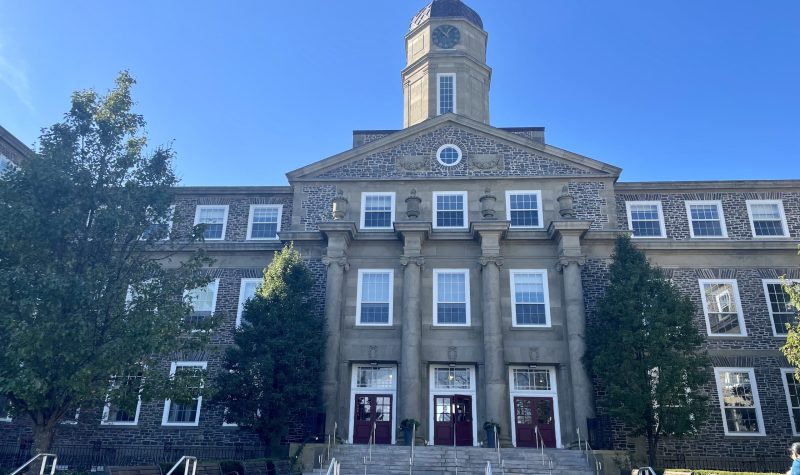Since the strike began about a week ago, a first round of negotiations was held on Wednesday and Thursday afternoon between Dalhousie University CUPE Local 3912, with both parties unable to reach common grounds.
Dalhousie officials said their board team returned to the bargaining table and presented a strong offer to over 2,000 CUPE members, consisting of Dal's part-time academics, teaching assistants (TAs), and markers and demonstrators.
Dalhousie's offer, which can be found online, met the union's request for a four-year contract instead of three years. It also stipulates an overall average salary increase across CUPE positions, up to 20 per cent over four years.
Their offer also states meeting the union's request to increase TA hourly wages to $30 and to raise wages for markers and demonstrators to Halifax's living wage at $23.55. Dalhousie officials said that CUPE's negotiating team refuses to bring their offer to union members for a vote.
Assistant Vice-President Human Resources Chris Hattie said the university put forward a proposal that ensured that all classifications met the threshold for the Halifax living wage that's calculated by the Canadian Center for Policy alternative.
"What we had heard from CUPE, is that they were looking for a wage rate increase for teaching assistants that hit a minimum of $30 an hour. So we made adjustments to ensure that we got the TAs to $30 an hour over the life of the agreement," said Hattie.
Hattie said he is not sure when the next negotiations will take place and that union members walked out of the bargaining table on Thursday.
"We really think the best next step would be for the union to take our proposal to their membership for a vote, the members of CUPE3912 have not had a chance to vote on one of the employers' proposals since June," said Hattie.

Emma Keough is a recent Dalhousie graduate and is currently a Teacher Assistant in the faculty of management and Commerce. Photo by Sara Gouda.
Emma Keough is a TA at Dalhousie's faculty of management and commerce and said the time spent on negotiations by Dalhousie employers was poorly used.
"The offer that they tabled us yesterday was essentially the same thing that we had seen the day before. Very little movement, and still refusing to take away that marker demonstrator position, which we really feel is at risk of being exploited," said Keough.
Keough emphasized that markers and demonstrators are paid significantly less than TA's, while in a majority of cases, are expected to do the same work.
"At the moment, TAs are paid, I believe, $6-$8 an hour more than markers. But they are also marking as part of their job," added Keough.
Stephanie Williams, a first-year Dalhousie student in the physiotherapy program, said this ongoing strike has impacted her classes.
"We rely heavily on the TAs and lab instructors. And as of right now, most of our labs have been able to go ahead but with reduced resources. We go to our lab, and we just have maybe one instructor for 60 students, which has really impacted our learning a lot. One of our labs is also cancelled right now, so we have to do three labs in a row when we get back after reading week to try and catch up," said Williams.
She added that some of her assignments, midterms and exams haven't been graded yet and that she is still waiting on feedback regarding how those will be managed.
She said she hopes both Dalhousie and union members are able to reach an agreement soon.
Listen to the full interview below:


